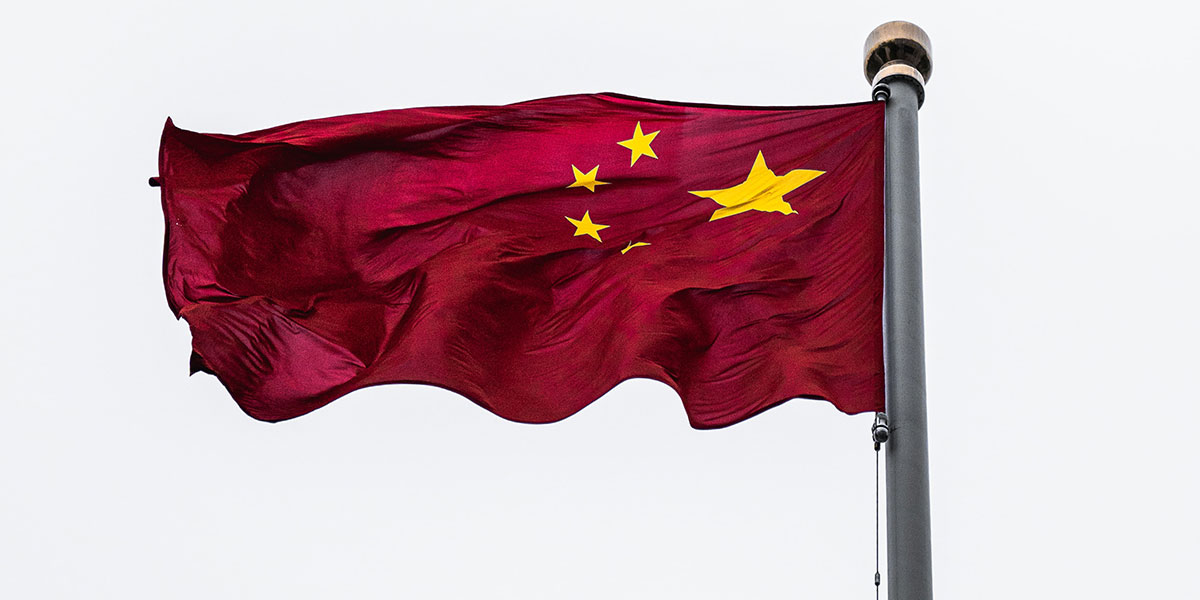
The program is designed for students with a Bachelor's degree in humanities, social and cultural sciences, as well as for specialists in the field of history, international relations, foreign area studies, political science, economics, jurisprudence, linguistics, culturology.
The program is interdisciplinary and offers classes describing political, economic and social processes taking place in the People's Republic of China, the interaction of various states and regions of the world with the PRC, as well as the role of the PRC as a key global and regional actor in international relations.
Students will have the opportunity to master the theoretical and applied methods of research, expert analysis in the field of international relations, study the characteristics of foreign and domestic policy, notably the diplomatic activities of the PRC.
Particular attention is paid to studying the history of China, as well as to the participation of China in international organizations, global and regional projects in the economic and humanitarian fields.
Types of occupation: expert analysis, research.
Key disciplines of the program:
Areas of occupation: state, public and private organizations, political parties, diplomatic missions, research institutes and foundations, expert and analytical centers, government bodies, organizations engaged in educational activities, mass media, non-profit and commercial organizations related to cultural policy.